Search Results
Showing results 401 to 420 of 509
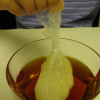
Moving Molecules!
Source Institutions
In this activity about molecular diffusion (located on page 2 of the PDF under Nanosilver Activity), learners will make predictions and move molecules of iodine through a seemingly solid plastic sandw
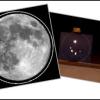
Magnification vs. Resolution: Can you see the flag on the Moon?
Source Institutions
This fun and simple hands-on astronomy activity lets learners explore the difference between telescope magnification and resolution.
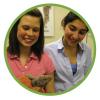
Gecko Feet
Source Institutions
This is an activity (located on page 3 of PDF under Gecko Feet Activity) about modeling a nanoscale phenomenon (gravity-defying gecko feet) with macroscale objects (shoes).
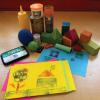
Shape Stamping
Source Institutions
In this activity, learners will explore two-dimensional shapes that are found in three-dimensional shapes. Learners will explore geometry, design, color and tool use through this activity.

Polar Bear Glove
Source Institutions
In this activity, learners will explore how animal in cold areas stay warm.

See the Light
Source Institutions
Learners mix a solution of luminol with hydrogen peroxide to produce a reaction that gives off blue light.
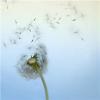
Designer Seeds
Source Institutions
In this activity, learners will examine a variety of seeds, describe them, and determine how they are dispersed.
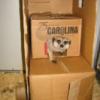
Animal House
Source Institutions
The goal of this activity is to design, build and test a house or toy for an animal.
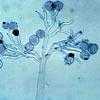
Water Molds (Oomycetes)
Source Institutions
In this laboratory activity, learners use a simple procedure to bait oomycetes from water and/ or soil and then examine these fungus-like organisms with the microscope to see how they look.
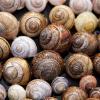
Measuring Biodiversity
Source Institutions
Learners use a variety of beans to represent a variety of species, and scatter these beans over a large piece of paper representing the environment.
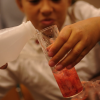
DNA Extraction
Source Institutions
Learners use a simple process to extract DNA from strawberries.

Toy Chemistry
Source Institutions
In this playful, goopy activity, learners mix two liquids to create a solid (that sometimes acts like a liquid ), using basic household materials such as borax and glue.
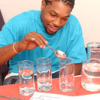
Real Glass Xylophone
Source Institutions
In this activity, learners create a xylophone by filling glasses with different amounts of water and tapping them with a metal spoon.

Secret Codon
Source Institutions
In this activity, "write" a secret message in genetic code as beads on a string.
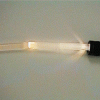
Glue Stick Sunset
Source Institutions
In this activity, learners explore why the sky is blue. Learners model the scattering of light by the atmosphere, which creates the blue sky and red sunset, using a flashlight and clear glue sticks.
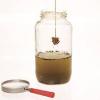
Planaria Fishing
Source Institutions
In this activity, learners capture and observe planaria, which are worms that eat tiny pond critters.

Born of Blood: Craft Stick Chromosomes
Source Institutions
In this activity, learners work in groups to match craft sticks that represent chromosomes. Learners must define critical attributes of their chromosomes as they look for matching chromosomes.
Trees: Buds and Twigs
Source Institutions
In this hands-on nature activity, learners observe the emergence of leaves and flowers. Branches from trees and bushes are collected in the early spring, brought indoors, and placed in water.
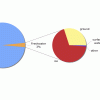
Earth's Water: A Drop in Your Cup
Source Institutions
This creative lesson plan provides a visual way for learners to gain knowledge about the finite amount of fresh water on Earth and encourages the discussion of the various ways to conserve this resour
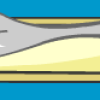
Dinosaur Bone Experiments
Source Institutions
This activity features two connected hands-on activities about dinosaur bones.
